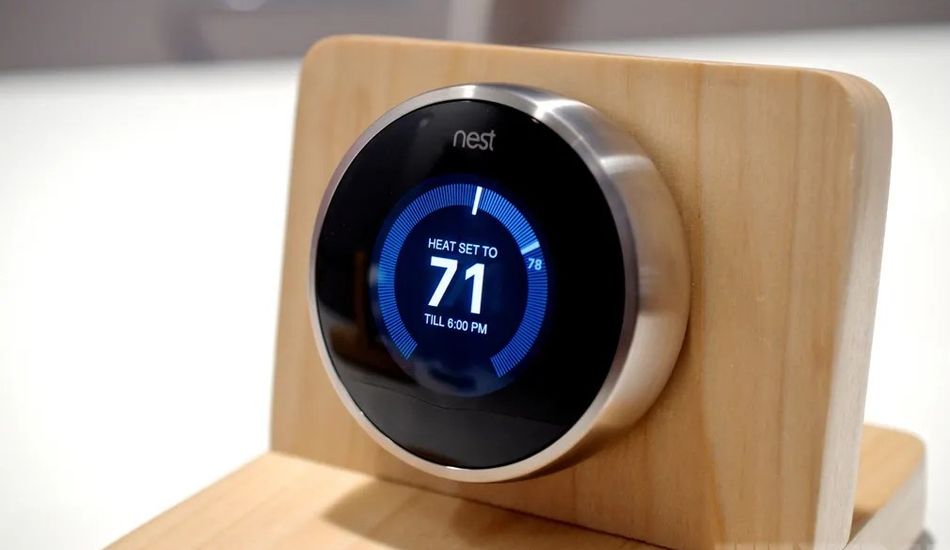
Google Still Collects Data from Older Nest Thermostats: Is Your Privacy at Risk?
So, here's a thing: Google's still getting data from older Nest thermostats, even though they've cut off some features. It's like they're still listening, even if they're not talking back. A security researcher, Cody Kociemba, found this out while working on a project to revive those older Nest devices. Apparently, these thermostats are still sending info like temperature, whether someone's in the room, and even if sunlight's hitting the device. It's pretty extensive, this data collection.
I mean, you'd think if they're not supporting the device anymore, they'd stop collecting data, right? But nope. They've turned off remote control and updates for these older thermostats, but the data keeps flowing. Kociemba discovered this when he was trying to create a workaround to restore smart features to these devices. He cloned Google's API and started getting a ton of logs from users' devices.
Google says they're collecting this data for "issue diagnostics," but Kociemba points out that they can't even use that data to help customers since they've stopped supporting the devices. It's kind of a one-way street. They're taking in info but not giving anything back. It seems like a odd move. It's data collection for the sake of data collection, even if it's not directly benefiting anyone.
FULU, a right-to-repair group, even gave Kociemba and another person an award for finding a way to bring back smart features to these unsupported thermostats. So, while Google's cutting off support, the community's finding ways to keep these devices useful. I think it's nice to have people dedicated to this kind of stuff and trying to find solutions.
What I find interesting is the broader implications of this. How much data are companies collecting from devices we think are "off"? It makes you wonder what else is being tracked, even when we're not actively using something. I feel like it's time for companies to be more transparent about what data they're collecting and why, especially when it comes to devices they no longer support. It's our data, after all, and we should know what's happening with it.
Source: The Verge